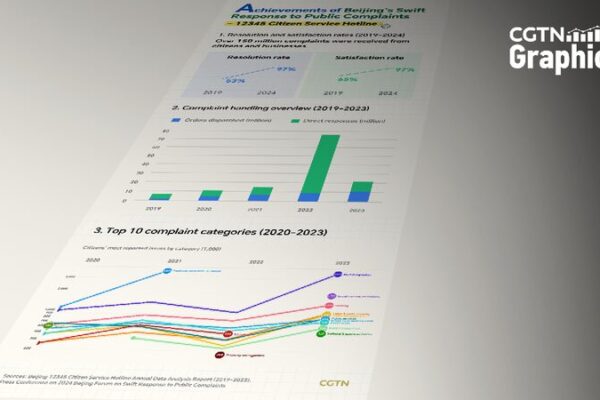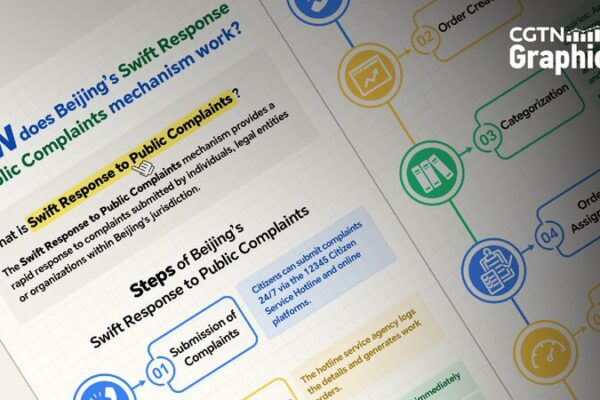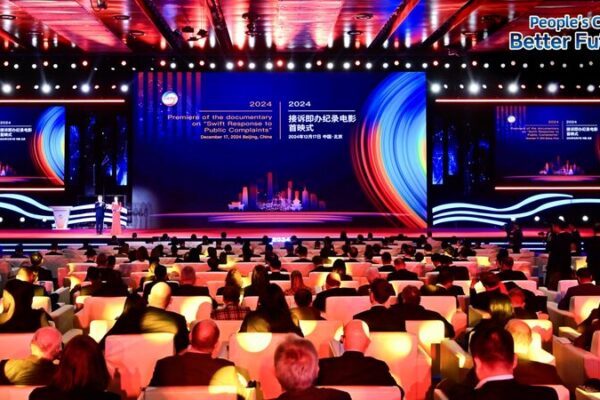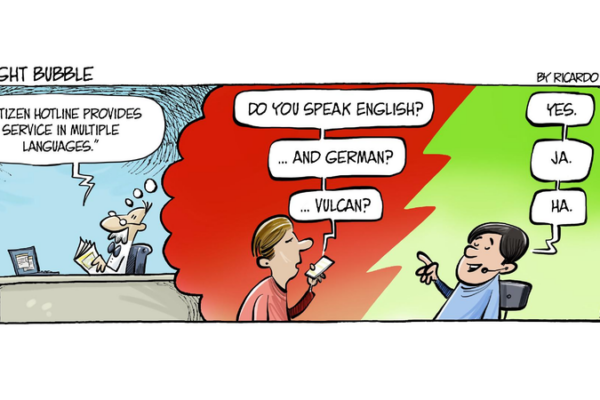Beijing is making waves with its innovative approach to urban governance, all thanks to a simple phone number: 12345.
The 12345 hotline, launched in 2019, has become a lifeline for over 21 million residents in China’s capital. By swiftly responding to public complaints, the city is transforming the way it addresses citizens’ needs, making urban life better for everyone.
Over the past six years, the hotline has fielded an astonishing 150 million calls. What’s more impressive is the jump in resolution rates—from 53% to a remarkable 97%. Satisfaction among callers has also soared from 65% to 97.3%, according to Shen Binhua, director of the Beijing Municipal Administrative Service and Data Management Bureau.
“The people’s demands are at the heart of this initiative,” said Li Wenzhao, deputy head of the Capital Development and Governance Institute at Renmin University of China. “The key is that the government responds quickly, handles appeals efficiently, and gives timely feedback.”
Take the story of Ma Shujie, a 63-year-old retired teacher. Struggling to find a nearby nursing home for her 89-year-old mother-in-law, she reached out to the 12345 hotline. Her plea wasn’t just heard—it sparked action. Soon, more than 1,000 community-based eldercare centers were established across Beijing. Ma’s mother-in-law now has a facility just a short walk from home.
The hotline doesn’t just solve individual problems; it also helps the government spot trends and plan ahead. By analyzing the data from millions of calls, officials can identify common issues and address them proactively. Since 2021, Beijing has used big data from the hotline to tackle over 60 major concerns, completing more than 1,800 tasks and introducing over 400 policies to improve people’s lives.
One such issue was the difficulty elderly residents faced climbing stairs in old apartment buildings. In response, Beijing launched a platform to simplify the installation of elevators in these buildings. “After the elevator is installed, it’ll be so much easier to go downstairs for a walk,” said Chen, an 80-year-old resident eagerly watching the construction in his building.
The 12345 hotline has become a crucial link between the government and the people. “It has catalyzed profound changes in urban governance,” said Shen. Experts agree that this approach not only boosts efficiency but also helps create an effective government. “By expanding channels for residents to voice their demands, the government can directly understand their thoughts and expectations,” noted Li Xiaozhuang of the Beijing Academy of Social Sciences.
Advanced technology plays a big role too. With the integration of artificial intelligence, the hotline services have become “warmer and more refined,” according to Professor Meng Tianguang from Tsinghua University. Operators speak at comfortable volumes to enhance the caller’s experience, and real-time translation helps foreigners navigate life in Beijing.
“We often receive calls from foreigners asking about visa extensions or work permits,” said Wang Shuo, an English-speaking operator at the hotline center. In one case, the hotline assisted a foreigner’s children with school enrollment in Beijing’s Daxing District.
As Beijing welcomes more international visitors, especially with China’s expanding visa-free policies, the 12345 hotline is ready to offer guidance and receive feedback from newcomers. “We encourage them to share any inconveniences they encounter,” said Feng Yingyi, deputy director of the hotline center.
The success of Beijing’s swift response system has even caught international attention. After visiting the center, a leader from Brazil’s Workers’ Party praised the initiative for embodying a philosophy of putting people first and serving wholeheartedly.
Reference(s):
'Swift Response to Public Complaints' promotes grassroots governance
cgtn.com








